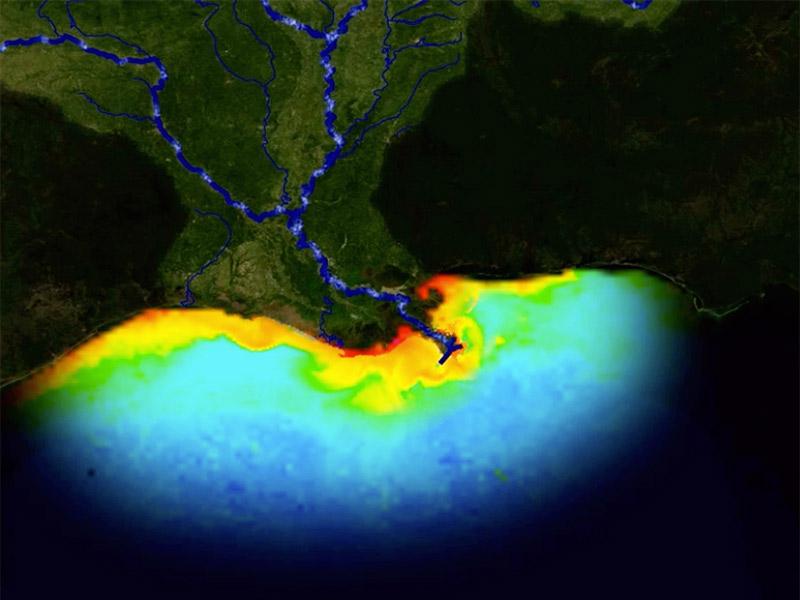Tulane Nitrogen Reduction Challenge deadline is June 30
The deadline to enter Tulane University’s $1 million Grand Challenge is fast approaching. The Nitrogen Reduction Challenge seeks innovative in-field solutions that will reduce crop fertilizers and runoff to prevent “dead zones” in the world’s lakes and oceans. Registration is open through June 30.
Dead zones are a problem all across the globe, but the second-largest is just off the coast of Louisiana in the Gulf of Mexico. Forecasters estimate this year’s dead zone will be about 29 percent larger than average, or about the size of Connecticut, because of near-record levels of farm pollution in the Mississippi River. Nitrogen, a component of agricultural fertilizers, causes rapid growth of toxic algae, which depletes oxygen in the water.
“Without oxygen, marine life can’t survive, plant life can’t survive,” says Leah Berger Jensen, Grand Challenge director. “The Gulf of Mexico is of such vital importance to our economy and our region, so we’re seeking innovative in-field solutions that can prevent the nitrogen runoff from ending up there.”
The Challenge is open to international teams, government agencies, nonprofit and for-profit organizations, universities or any team with a proposal that could work in the field. The initial phase of the Challenge simply calls for a one-page abstract. Those with the most viable ideas will be asked to enter a full technical submission later this year.
The Tulane Nitrogen Reduction Challenge is funded by Phyllis Taylor, president of the Patrick F. Taylor Foundation and a member of the Board of Tulane. Taylor says she hopes to encourage innovation, entrepreneurial spirit and risk-taking.
Click here to enter the Grand Challenge and follow social media for the latest updates.

